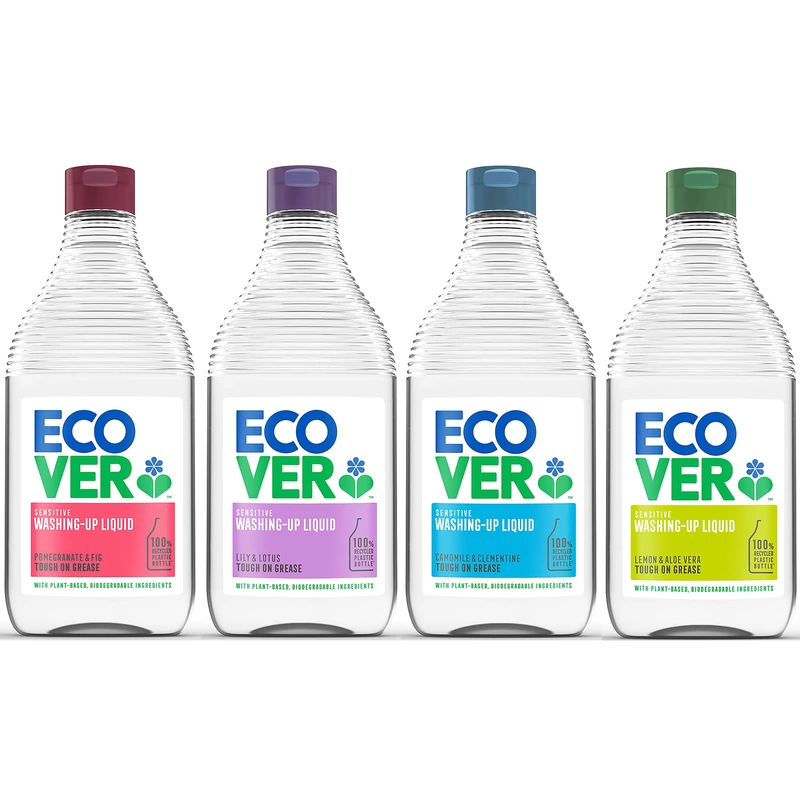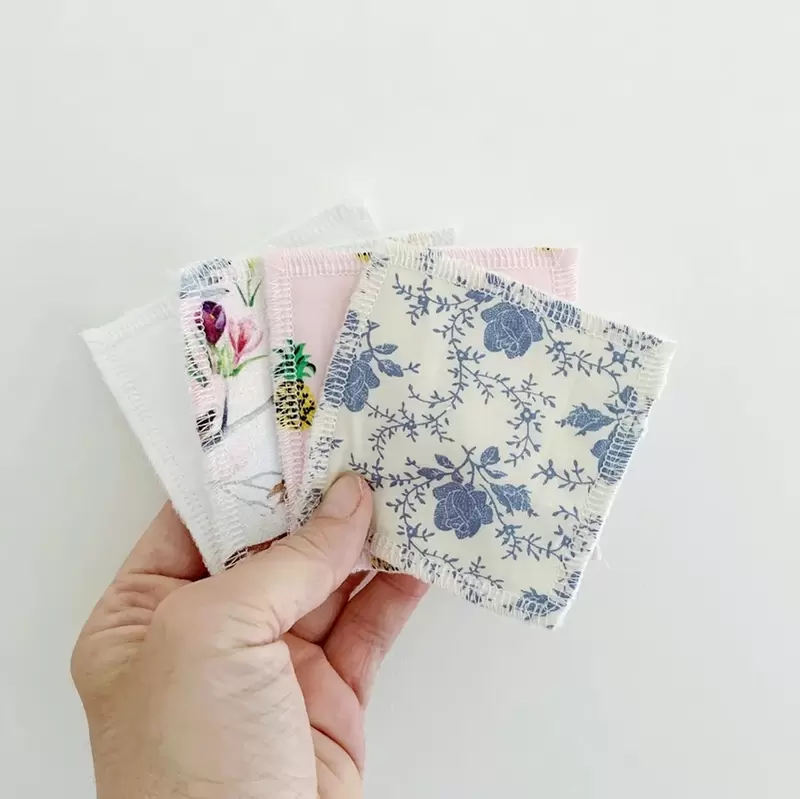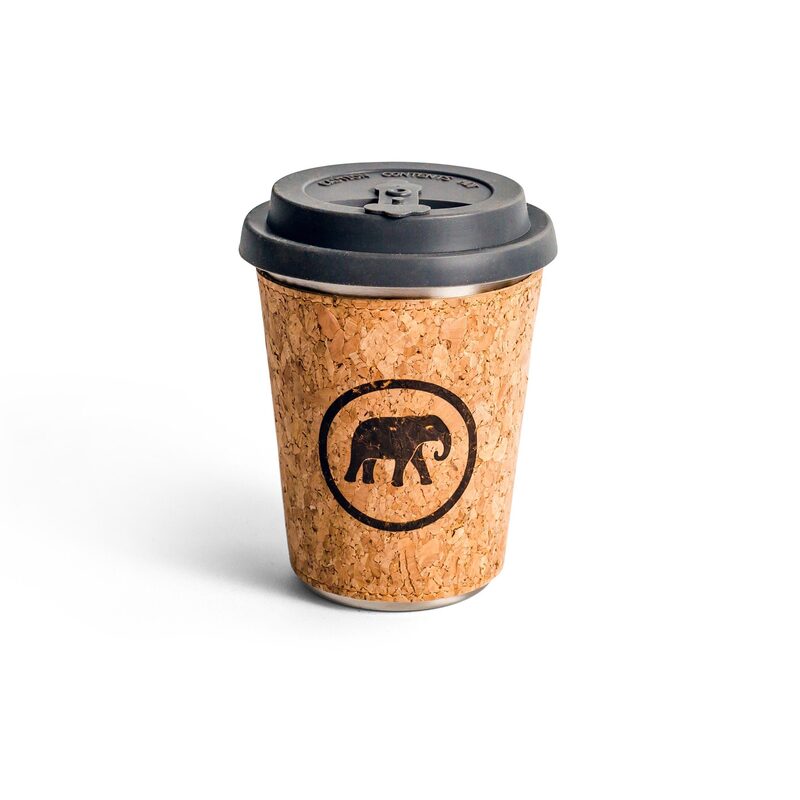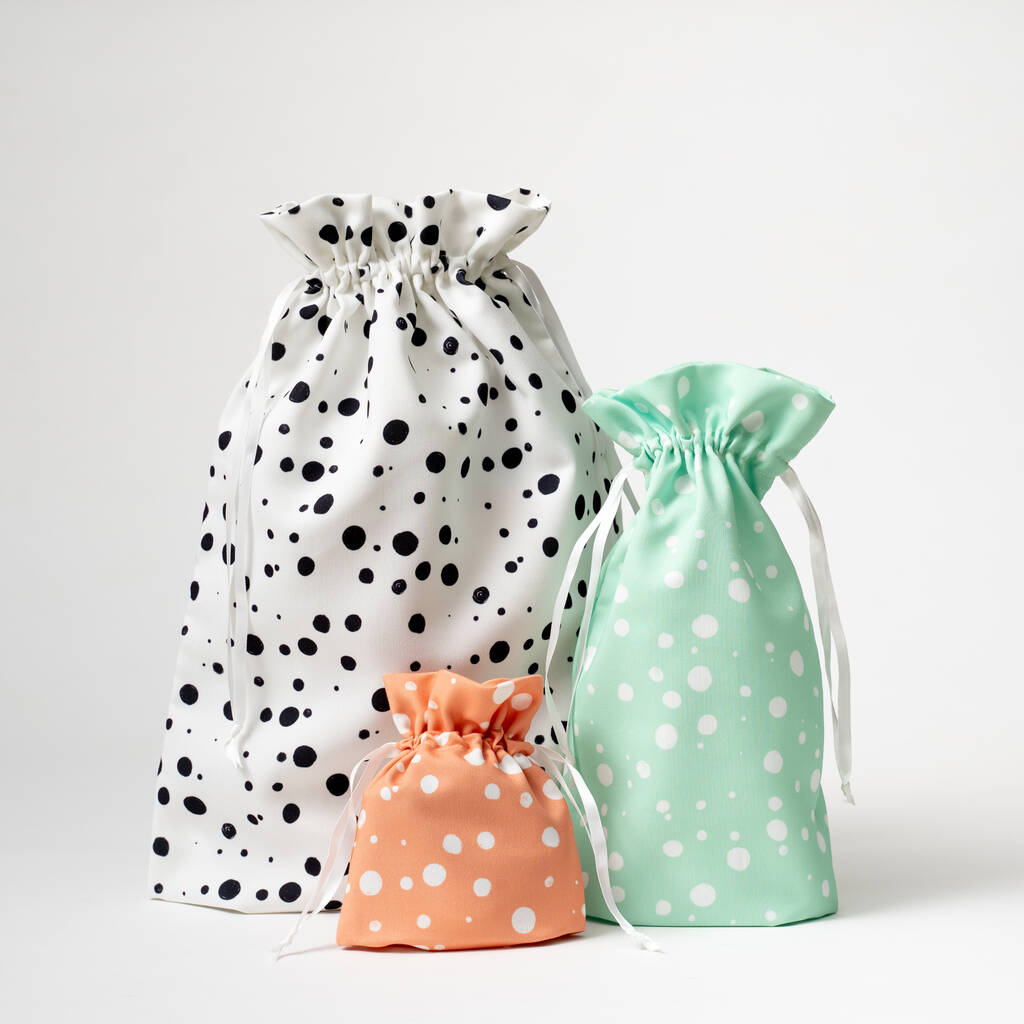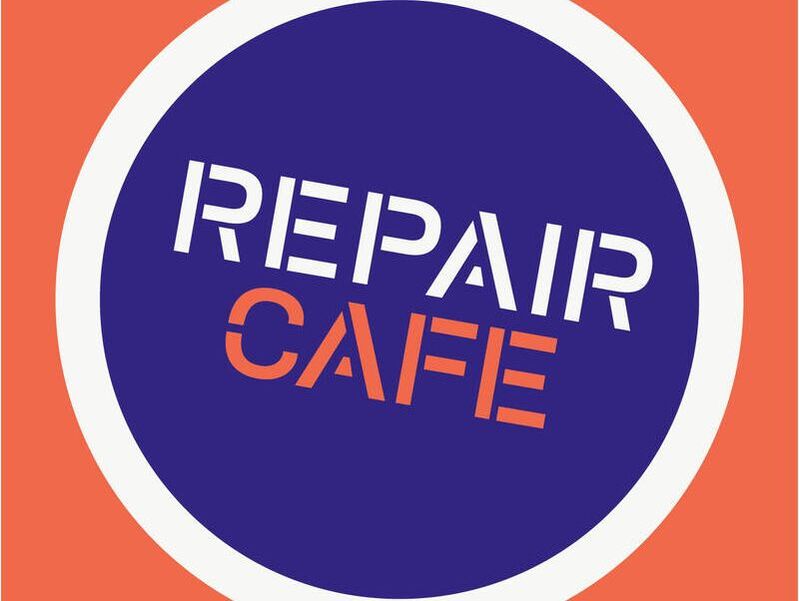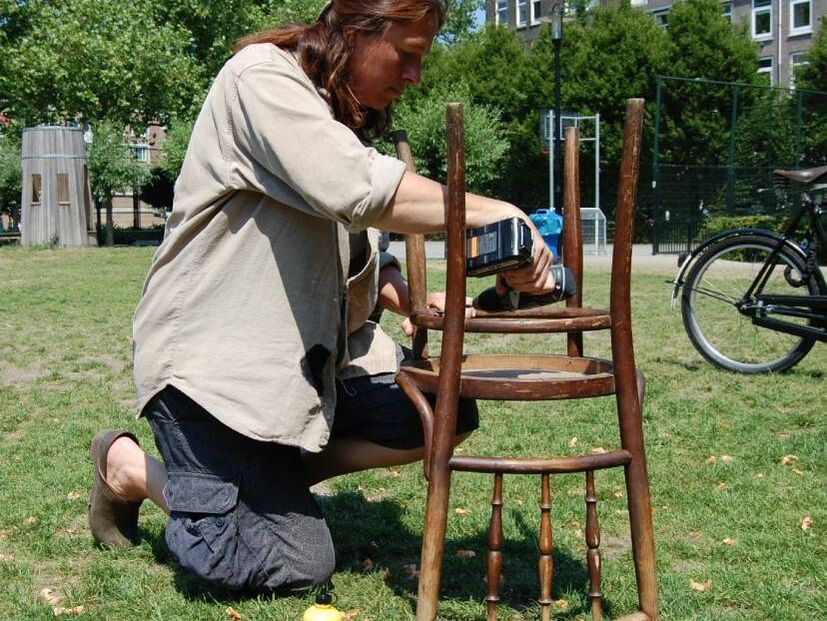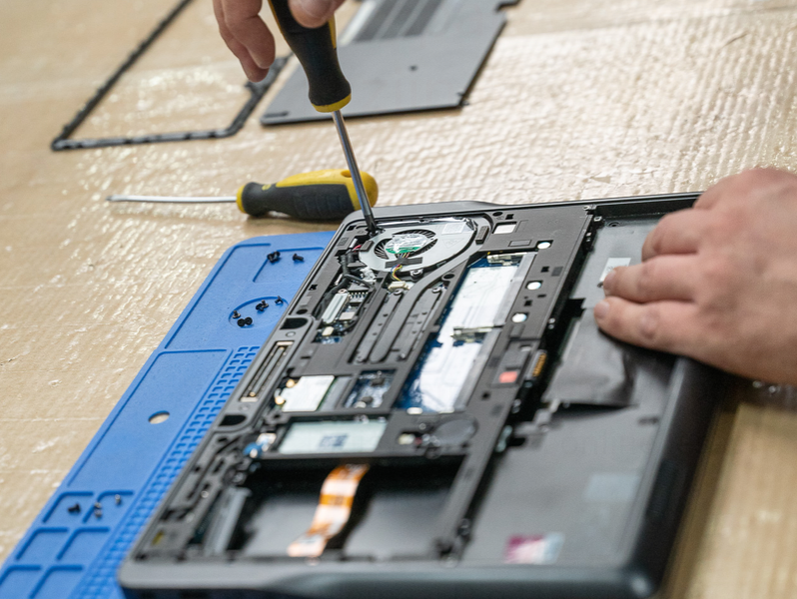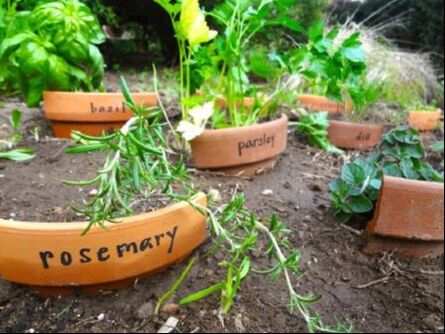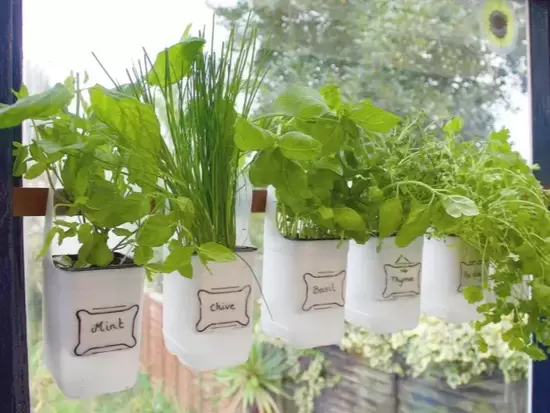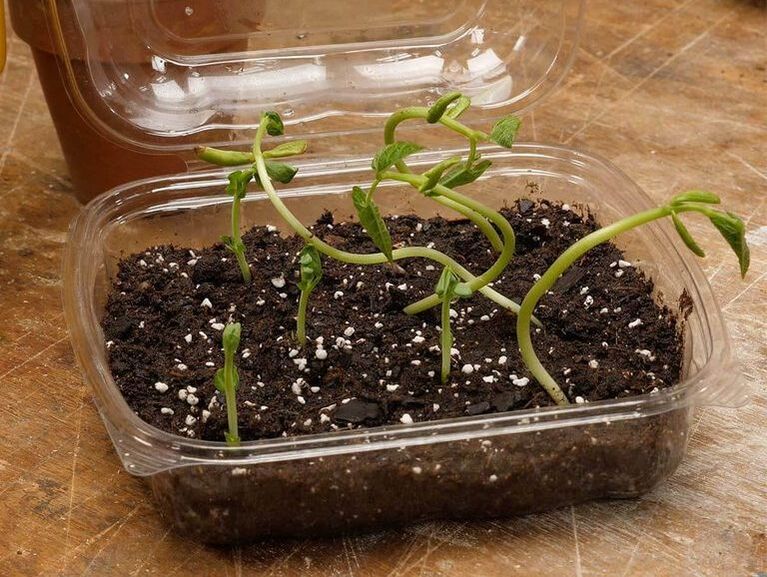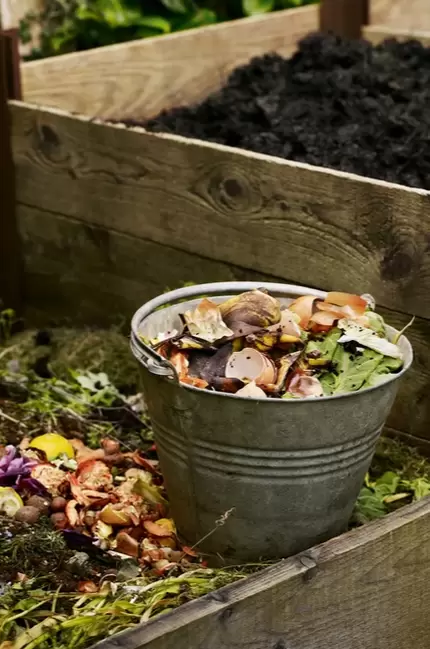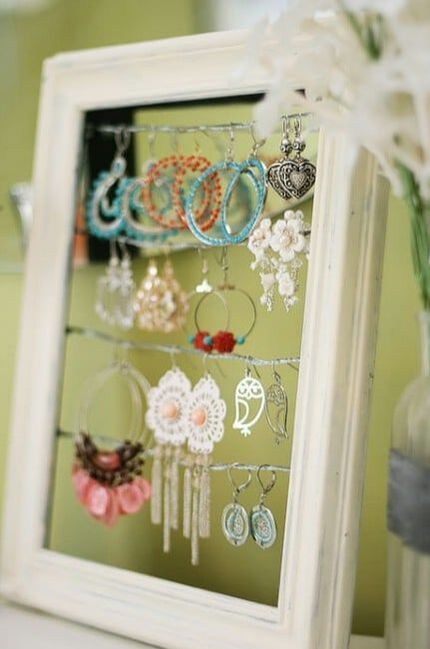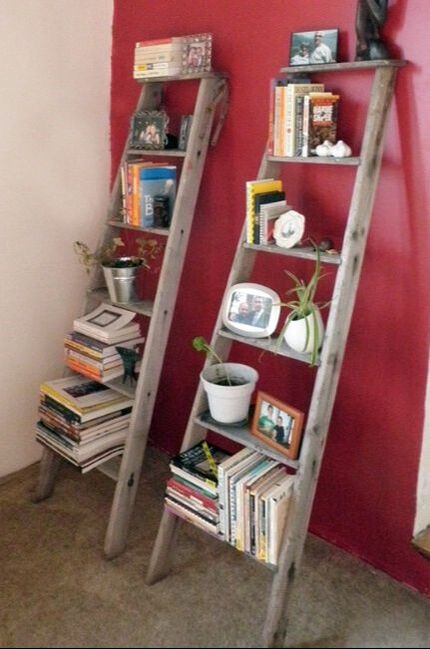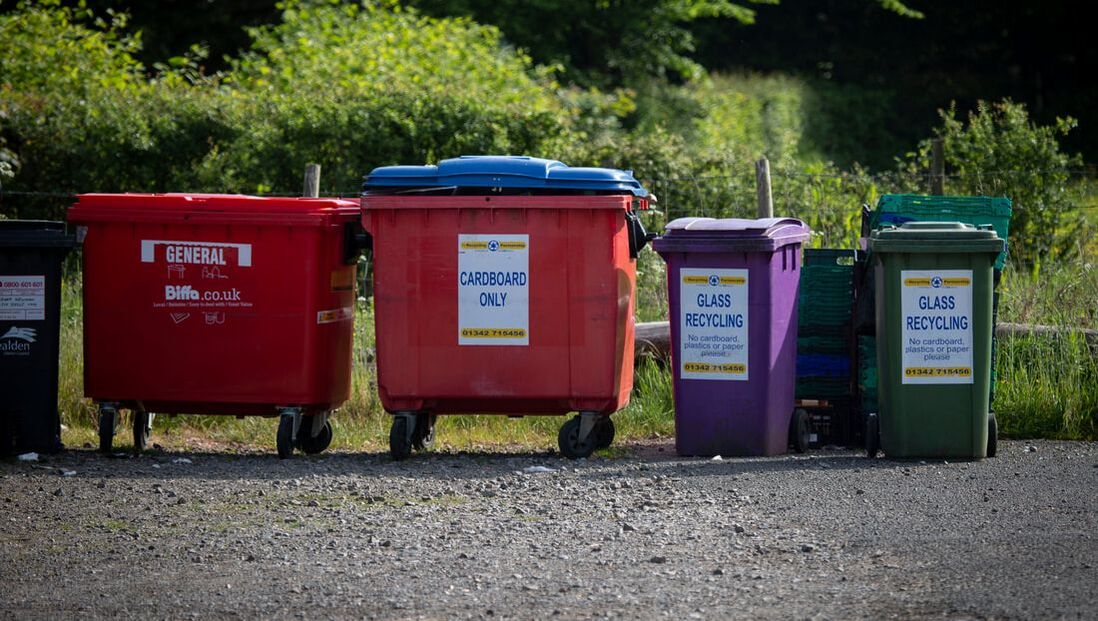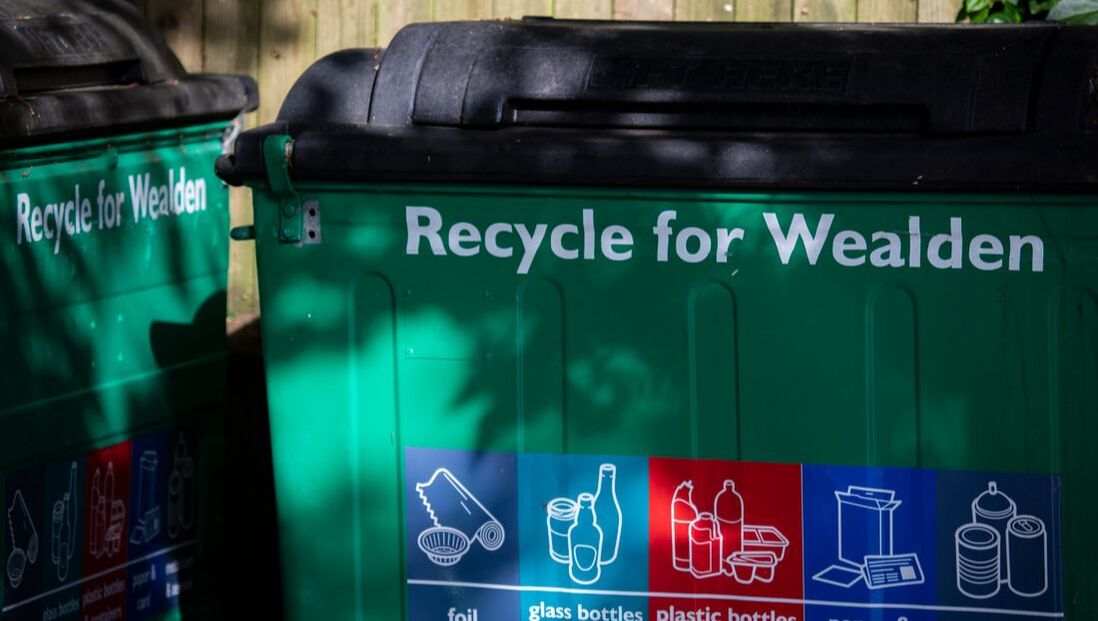On this page, we provide some ideas on how you can reduce your consumption, reuse items and – as a last resort – recycle your unwanted stuff.
Reduce, reuse, recycle
Did you know that the average household in East Sussex throws away just under half a tonne of rubbish per year? Over 20% of that rubbish is paper and card, both of which can be recycled. In the UK as a whole, a third of food grown for human consumption and over 8.5 million perfectly good toys are thrown away every year. Local authorities have targets for reducing waste, but every household can contribute.
Buy and use less
Everything we use as consumers has a carbon footprint, so it stands to reason that if we buy less and buy smarter we release fewer damaging greenhouse gases. Here are some of our top tips to cut down on your consumption and reduce the environmental impact of the things you buy. If you have others, then let us know and we can add them to this page:
- Put your purchasing power to use by choosing brands that align with your greener aspirations. Websites such as goodonyou.eco rank well and lesser known brands across factors such as ethics, sustainability, carbon emissions etc.
- Don’t buy more than you need – over-consumption is just as damaging to the environment as waste.
- Avoid buying single-use items – particularly those that can’t be recycled and will end up in landfill.
- Carry a reusable water bottle/coffee cup. Many cafes and coffee shops offer reductions if you use a reusable cup.
- Use cloth napkins rather than paper ones.
- Use cloth gift bags or wrap gifts in brown paper or old material.
- Consider solar lanterns/torches to replace battery-powered ones.
- If you are online-savvy, consider switching bills and statements to online-only – these can be downloaded and saved (and even printed if ever needed) for future use.
- Consider swapping out cotton wool face-wipes for reusable and washable options.
- Avoid buying ‘fast fashion’ – the WRAP ‘Love Your Clothes’ campaign has some great advice on how to purchase, use and dispose of clothes.
- If you are able, then shop around for quality items that last a long time or for items that are easier to repair – you may pay a bit more, but you will save in the long-term.
- Try buying second-hand or ‘vintage’. Depop, eBay and Vinted are well known online market places to buy/sell items.
- Check out local clothes swap events for special occasions where you want to be on trend and may need a 'one wear only' item. Elle also has a useful listing of the best fashion rental sites.
- Plan your weekly menu to avoid wasting food (see our Eat Greener page for tips).
- Think carefully about packaging, particularly plastics – the WRAP ‘Clear on Plastic’ website has all you need to know.
- Let brands know if you think they are using too much packaging or could improve their packaging – companies take customer feedback seriously, especially if you voice your concerns publicly via social media.
Reusing items
‘Reuse’ includes “any operation by which products or components are used again for the same purpose for which they were conceived or are re-purposed” – and is one of the best ways to reduce waste. There are three ways you can reuse items.
Repair, repair, repair
Repairing items extends their lifetime and prevents them going to landfill. If you don’t have the tools or expertise to repair something yourself, then there is a growing network of Repair Cafés springing up around the region. The closest to Chiddingly is our partner, the Repair Café Heathfield, and there are other sites in Uckfield, Lewes, Brighton and Forest Row. Most are open once or twice a month, usually at the weekend, so have look at their webpages for dates and times. If you are reading this from further afield, there is a handy map and directory of Repair Café locations available online.
The idea of the Repair Café started in the Netherlands in 2009 and is now a global network. Each café has tools and materials to help you make any repairs you need. You’ll also find expert volunteers, with repair skills in all kinds of fields – including clothes, furniture, electrical appliances, bicycles, crockery, appliances, jewellery and toys. If you have nothing to repair, you can always enjoy a cup of tea or coffee – or you can lend a hand with someone else’s repair job.
Repair, repair, repair
Repairing items extends their lifetime and prevents them going to landfill. If you don’t have the tools or expertise to repair something yourself, then there is a growing network of Repair Cafés springing up around the region. The closest to Chiddingly is our partner, the Repair Café Heathfield, and there are other sites in Uckfield, Lewes, Brighton and Forest Row. Most are open once or twice a month, usually at the weekend, so have look at their webpages for dates and times. If you are reading this from further afield, there is a handy map and directory of Repair Café locations available online.
The idea of the Repair Café started in the Netherlands in 2009 and is now a global network. Each café has tools and materials to help you make any repairs you need. You’ll also find expert volunteers, with repair skills in all kinds of fields – including clothes, furniture, electrical appliances, bicycles, crockery, appliances, jewellery and toys. If you have nothing to repair, you can always enjoy a cup of tea or coffee – or you can lend a hand with someone else’s repair job.
Donate or sell unwanted items
You can give unwanted items a new lease of life by donating them to charity, selling them on, or simply giving them away. There are lots of options available.
Re-purpose old items to extend their life
Many items can be repurposed to save them going to landfill. Here are some top tips. If you have others, then let us know:
You can give unwanted items a new lease of life by donating them to charity, selling them on, or simply giving them away. There are lots of options available.
- Heathfield has a number of charity shops that will take smaller, non-electrical, items off your hands.
- The NOW Charity will collect furniture and electrical goods free of charge from residents across East Sussex.
- You could use websites such as Freecycle – a 100% non-profit service that lets you list items that you want to give away, and search for items in specific geographic areas.
- The NextDoor website and app is growing in popularity, both as a source of local news and a place to list items for sale. The beauty of NextDoor is that you can restrict the geographic scope of your news items and posts to specific ‘neighbourhoods’, of which Chiddingly is one. A word of warning, however – check the Settings area when you sign up, unless you want NextDoor to access your contacts.
Re-purpose old items to extend their life
Many items can be repurposed to save them going to landfill. Here are some top tips. If you have others, then let us know:
- Cut up old tights and socks to use as tomato/plant ties in the garden – they’re soft, elastic and already in ‘rings’.
- Glass jars make excellent storage for leftovers and can be safely frozen, stored in the larder or fridge, and used (without metal or lids) to reheat foods.
- Use upturned plastic bottles in the garden/vegetable patch to direct water straight to roots.
- Old milk containers are great for growing herbs.
- Broken pots make beautiful garden markers.
- Make compost! If you have space in your garden, make a compost heap to use all your garden waste, uncooked/non-meat or dairy items, shredded brown cardboard, non-laminated paper, lint, hair, sawdust and ash.
- Old candle ends make excellent firelighters.
- Plastic salad containers can be used as mini seed propagators.
- Small picture frames can be repurposed into an earring display by adding picture wire.
- Old wooden ladders make great bookshelves.
As a last resort – recycle
If you’ve cut down on purchasing unnecessary stuff – and repaired, sold or given away what you can – then the final thing to do is recycle your unwanted items and materials. If you want to know more about the benefits of recycling, the WRAP ‘Recycle Now’ website is a very useful resource.
The closest major household waste recycling centre to Chiddingly is off Burwash Road in Heathfield. Details of what you can recycle and what happens to your recycling are available on the Wealden Council website. If you are reading this from another part of the UK, then you can use the recyclingcentrenear.me website to find your nearest recycling facility.
Various local recycling points are available – you can find details of all neighbourhood recycling facilities (and a handy zoomable map) on the Wealden Council website. This includes a clothing recycling point in Chiddingly School car park. Wealden Council also offer a bulky waste collection service – but note that there is a charge for each collection.
Don't forget that many local supermarkets have dedicated soft plastic recycling bins – these are great for recycling pet food pouches etc. The Hailsham Tesco branch has a particularly large receptacle.
The closest major household waste recycling centre to Chiddingly is off Burwash Road in Heathfield. Details of what you can recycle and what happens to your recycling are available on the Wealden Council website. If you are reading this from another part of the UK, then you can use the recyclingcentrenear.me website to find your nearest recycling facility.
Various local recycling points are available – you can find details of all neighbourhood recycling facilities (and a handy zoomable map) on the Wealden Council website. This includes a clothing recycling point in Chiddingly School car park. Wealden Council also offer a bulky waste collection service – but note that there is a charge for each collection.
Don't forget that many local supermarkets have dedicated soft plastic recycling bins – these are great for recycling pet food pouches etc. The Hailsham Tesco branch has a particularly large receptacle.

